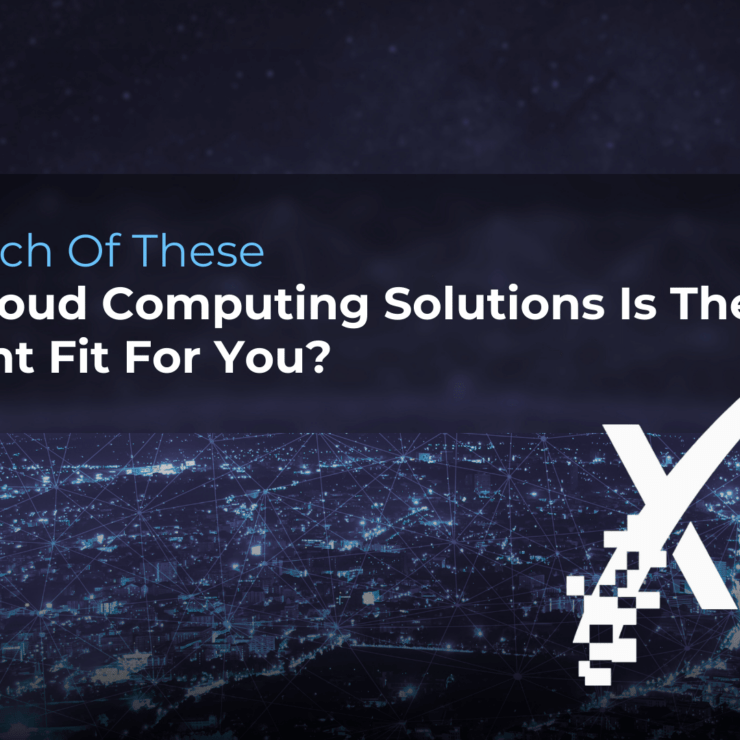Which Of These 4 Cloud Computing Solutions Is The Right Fit For You?

Most likely you’ve heard all of the commotion around cloud computing and know that it’s the “Next Big Thing” in business technology. Yet, despite all of the hype, most businesses really don’t understand exactly what cloud computing is and what it could do to help their business. “What are my options?” and “What is right for me?” are two of the top questions that I hear quite often. There are at least 4 types of cloud computing solutions for your business. Which one is right for you?
1. Pure Cloud: This is where all your applications and data are put on the other side of the firewall (in the cloud) and accessed through various devices (laptops, desktops, iPads, phones) via the Internet.
2. Hybrid Cloud: Although “pure” cloud computing has valid applications, for many it’s downright scary. And in some cases it is NOT the smartest move due to compliance issues, security restrictions or performance issues. A hybrid cloud enables you to put certain pieces of existing IT infrastructure (say, storage and e-mail) in the cloud, and the remainder of the IT infrastructure stays on-premise. This gives you the ability to enjoy the cost savings and benefits of cloud computing where it makes the most sense without risking your entire environment.
3. Point Solutions: Another option would be simply to put certain applications, like SharePoint or Microsoft Exchange, in the cloud while keeping everything else on-site. Since e-mail is usually a critical application that everyone needs and wants access to on the road and on various devices (iPad, smart phone, etc.), this solution is often a great way to get the advanced features of Microsoft Exchange without the cost of installing and supporting your own in-house Exchange server.
4. Public Cloud vs. Private Cloud: A public cloud is a service that anyone can tap into with a network connection and a credit card. They are shared infrastructures that allow you to pay-as-you-go and are managed through a self-service web portal. Private clouds are essentially self-built infrastructures that mimic public cloud services, but are on-premise. Private clouds are often the choice of companies who want the benefits of cloud computing but don’t want their data held in a public environment.
Keep in mind that there is no “perfect” one-size-fits-all cloud solution for every business. All options have upsides and downsides. And which option is best for your business has to be determined on a case-by-case basis based on your company’s needs and business requirements.
Want a professional opinion on which option is best for your business? Give us a call during the month of September for a FREE Cloud Readiness Assessment And Cost Analysis. We’ll give you a full Cloud Action Plan that shows what options will work for you.